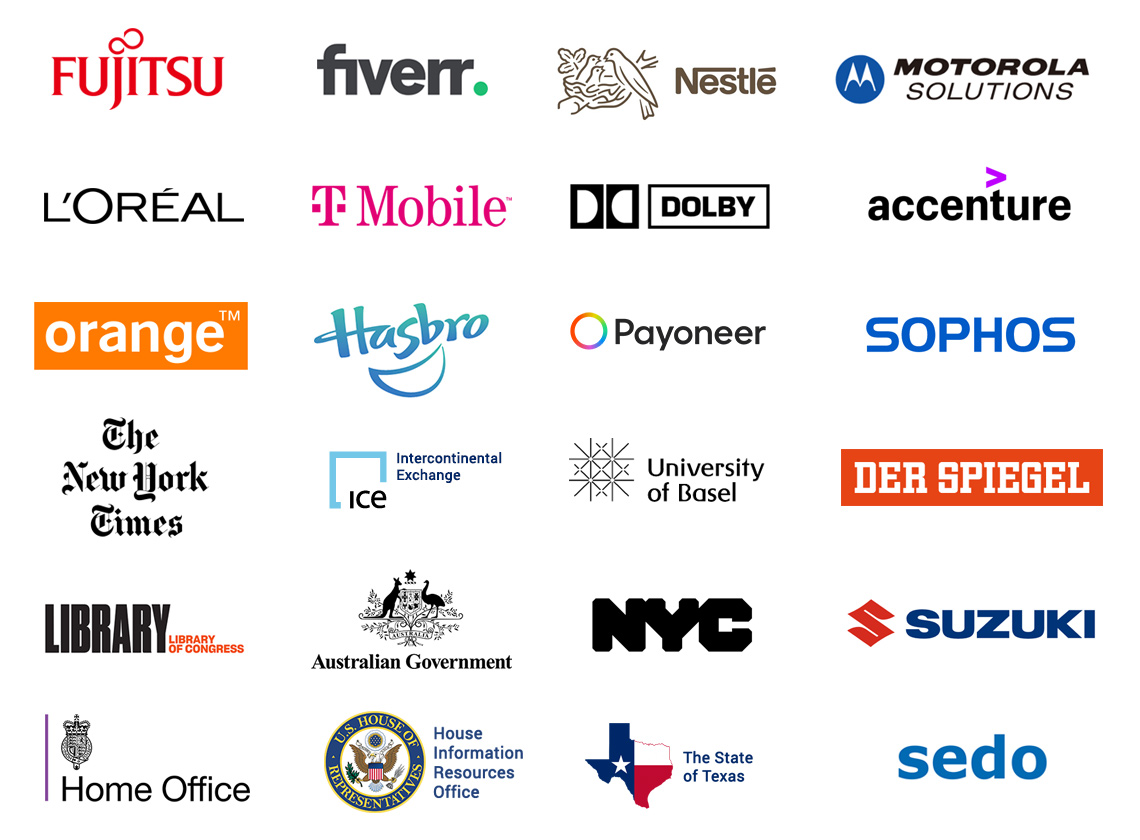TLDR: A demo speaks louder than a thousand words. You can connect to an isolated browser created by me and my team via browserling.com/browse. We run isolated browsers on our servers and stream just the browser window to you.
Isolated Browser – What Is It?
An isolated browser, also known as browser isolation is a cybersecurity solution that physically separates the user's browsing activities from their local computer, network, and infrastructure. This approach aims to protect against browser-based security exploits and cyber-threats such as phishing, ransomware, and malware. Browser isolation typically uses virtualization or containerization technology to separate web browsing activity from the endpoint device, significantly reducing the attack surface for rogue links and files. The user accesses and interacts with the remotely rendered web content through a real-time video stream, preserving functionality while ensuring enhanced security.
What's the difference between a regular browser and an isolated browser?
A regular browser processes and renders web content directly on the user's local device, exposing the system to potential security threats from the Internet. In contrast, an isolated browser executes and renders web content in a remote, secure environment, typically a separate server or a virtual machine, and only the visual output is streamed to the user's device. This separation ensures that any malicious content encountered during browsing does not directly interact with the user's local system, significantly enhancing security and reducing the risk of malware infections.
What are Isolated Browser Use Cases?
Isolated browsers and browser isolation technologies serve a variety of purposes across different domains. Here are five use cases relating to browser virtualization, cross-browser testing, email security, cybersecurity, and online risk mitigation.
Browser Virtualization
Isolated browsers can be virtualized where the browser runs in a virtual environment. This setup isolates the browsing activity from the local machine, protecting it from web-based threats. For instance, an employee in an organization can safely browse the Internet without risking the integrity of the internal network.
Cross-Browser Testing
Developers and testers use isolated browsers for cross-browser testing. This involves checking how web applications function and appear across different browser types and versions (such as Edge, Chrome, Firefox, Safari, and Opera). By using isolated environments, they can test multiple browsers without the need to install them all on a single machine, ensuring compatibility and performance across various platforms.
Email Security
Email attachments and links are common vectors for malware and phishing attacks. Isolated browsers can be employed to open email links and attachments in a controlled, virtual environment. This approach prevents any malicious code within the emails from compromising the user's actual device.
Cyberthreat Analysis
Cybersecurity professionals use isolated browsers to safely research suspicious websites, malware, and other cyber threats. By using an isolated environment, they can interact with potentially dangerous web content without risking their primary systems or networks.
Secure Access to Sensitive Applications
For accessing sensitive applications like banking, financial services, or confidential business systems, isolated browsers provide an added layer of security. By conducting these activities in a controlled, isolated environment, the risk of credential theft, session hijacking, and other web-based attacks can be significantly reduced.
What is Browserling?
Browserling is a cloud-based service that provides a live, interactive browser testing environment, allowing users to access different versions of isolated browsers running on different operating systems. Each session is run in a secure, sandboxed environment, ensuring that any issues or vulnerabilities encountered during testing do not affect the user's local machine. This service is especially beneficial for IT security professionals, as it allows them to safely analyze and test web applications for vulnerabilities and threats in a controlled environment, without exposing their own systems to potential risks.
Who Uses Browserling?
Browserling has now become the isolated browser platform of choice and it's used by hundreds of thousands of users around the world every month. Browserling's customers include governments, states, cities, banks, stock exchanges, universities, newspapers, Fortune 100, Fortune 500 companies, and private multi-billion dollar companies.

Happy browsing!
